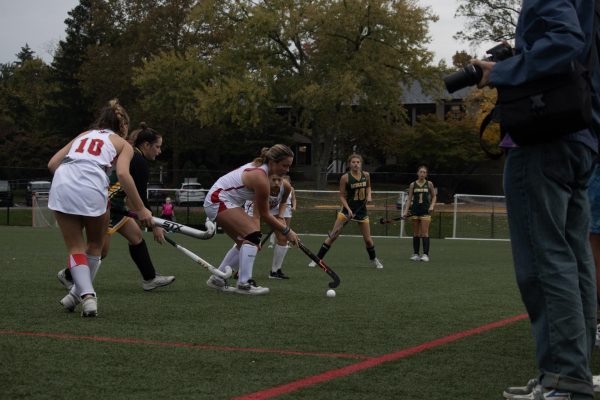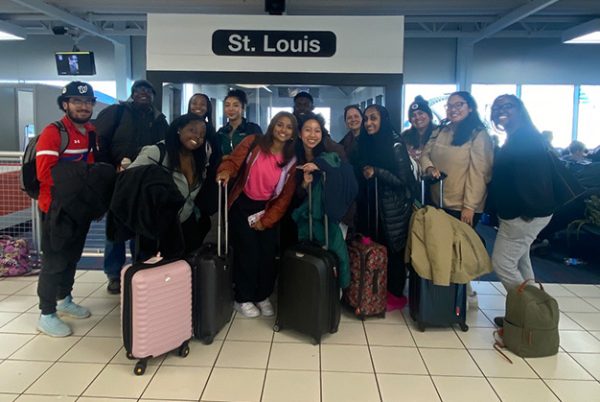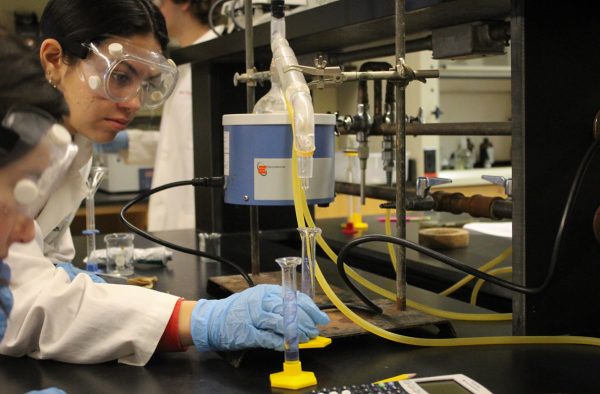Lack of Jewish Culture Recognition at Friends
When I told the coach I would be absent, she yelled to the other coach, in front of everyone, “that Jew over there” wouldn’t be able to make the game.
October 13, 2020
Freshman year at Friends, I played on the Badminton team. One day I wasn’t going to be able to go to a game because I had to attend synagogue for services. When I told the coach I would be absent, she yelled to the other coach, in front of everyone, “that Jew over there” wouldn’t be able to make the game.
Before then, I’d only experienced anti-Semitism once, and it was much more explicit. So I didn’t process right away that what I experienced here at Friends was anti-Semitism. Now, it’s pretty clear. I wish I’d said something at the time. That’s part of the reason I want to help raise awareness.
One way to start creating a culture that’s more respectful of Judaism, and Jewish traditions, is around holidays. Throughout my four years at Friends, I have run into many instances when teachers and students seemed to be uneducated about Jewish holidays and how much they hinder our ability to complete the work given on those holidays.
According to Quill estimates, around 20 percent of the Friends student body identifies as religiously or culturally Jewish. Our community should acknowledge that for some, celebrating Jewish holidays doesn’t simply mean going to synagogue and then going home. Jewish holidays run from sundown to sundown, so just having a “day off” for these holidays becomes tricky.
“I feel like people forget about Jewish holidays, and they don’t realize the importance of them,” says Abby Rosenberg ‘21, one of the co-heads of the Jewish Student Union. “I go to synagogue the night before and the day of and then usually I have family dinner that night, so I’m usually not able to do homework Monday night or the night before or the night of.”
It is especially hard to do homework on Yom Kippur, when people are fasting from sundown to sundown. After not eating for an entire day, the last thing someone wants to do is homework or study for the test they have the next day.
“The day before Yom Kippur, Kol Nidre, is the holiest day and night in the entire Jewish community,” Abby told me, “and people can’t go to services because they have work to do, school to go to, and are preparing for the day after. It’s literally ‘day of vows’ and people can’t go because they are busy. And I think it’s not good.”
Abby isn’t alone in this experience. In 9th grade, I had an experience where I was unable to complete my homework because I had to go to services. I expected some leniency from my teacher because we had “homework awareness.” When I went to class the next day, I told the teacher that I hadn’t been able to do my homework because I had been celebrating with my family and had to go to the temple.
He responded by interrogating me, asking what temple I go to and what exactly I did that night. It felt as though I had to prove my “jewishness” to him. Since then, I have been afraid to not complete my homework even on homework awareness days.
This is another issue that needs to be confronted. On Christian holidays, we get no homework, but on Jewish holidays we get homework awareness. According to English Teacher Joshua Ratner, who identifies as Jewish, teachers are notified if there is homework awareness, but it gets stressful for students when they have to make it up later.
Abby explains, “Not all Jewish students are the same. Not all of them need the same time requirements for holidays. But it’s important to respect the people that do and sometimes… sometimes it doesn’t feel like that.”
When talking to other Jewish students, I heard comments like, “I’ve gotten a test two days after because teachers think they have an extra day to study” and “People say to use that day to write your essay, but I don’t really have that day.” These are statements that I have gotten from other Jewish students.
I think this leads back to the fact that populations matter in decision making. Mr. Ratner says that it seems like since the majority of the student body identifies as Christian, of course there is going to be more sensitivity to Christian holidays.
However, Friends is a Quaker school and one of the beliefs in Quakerism is the respect of other religious practices. So that is why I want to bring this disconnect to the table.
Now you may be asking what my solution is, and to that I have no clear answer. Do we get more days off? Half days? Do we enforce a no homework policy for these holidays? Should the school consult the Jewish student population or even religious figures on these topics?
I think a good start is to begin having these conversations and stop calling holidays like Yom Kippur and Rosh Hashanah “days off.”

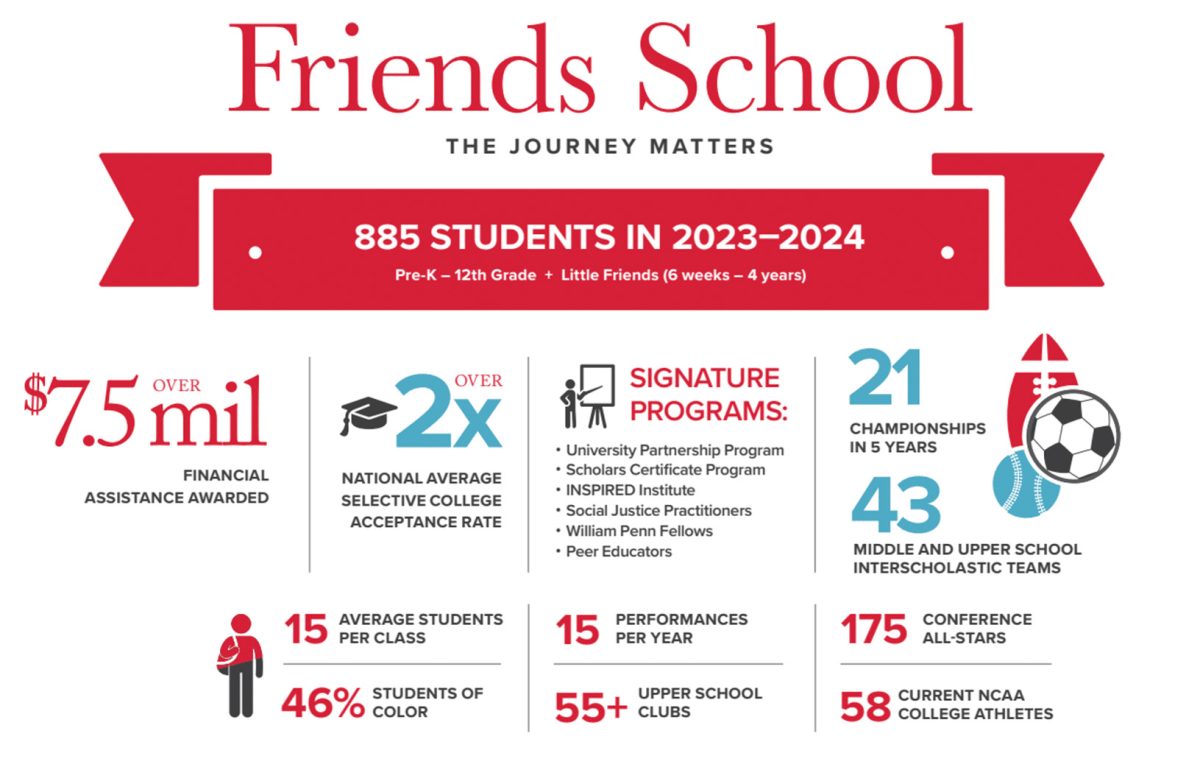
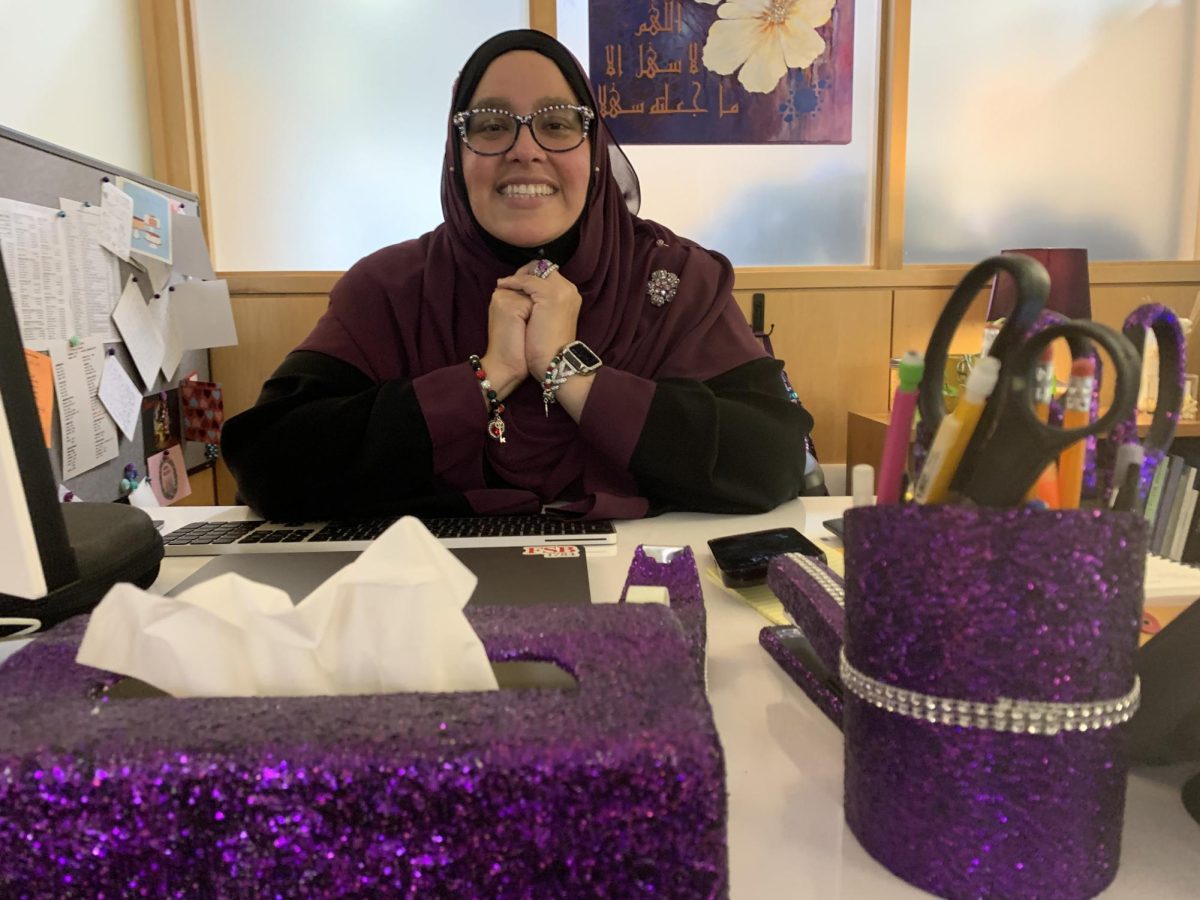




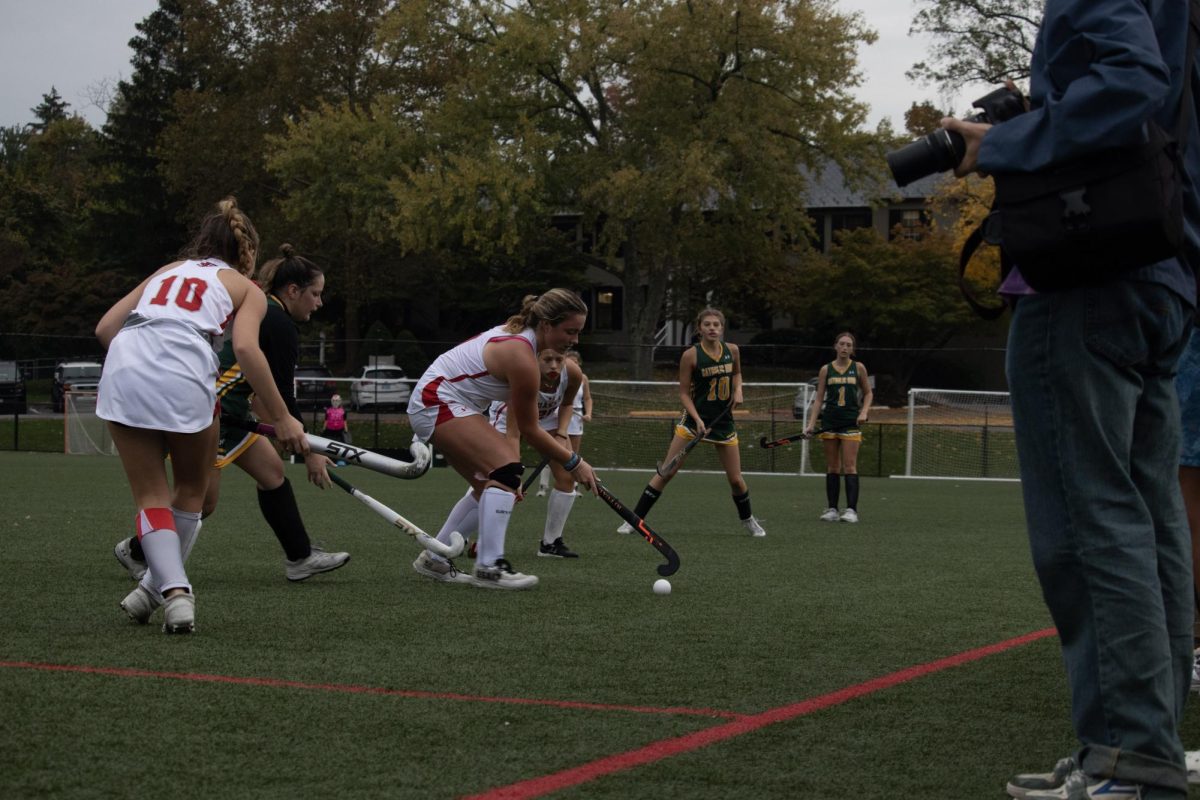
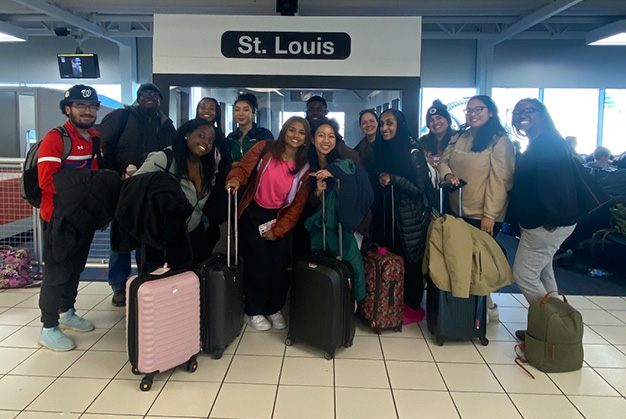

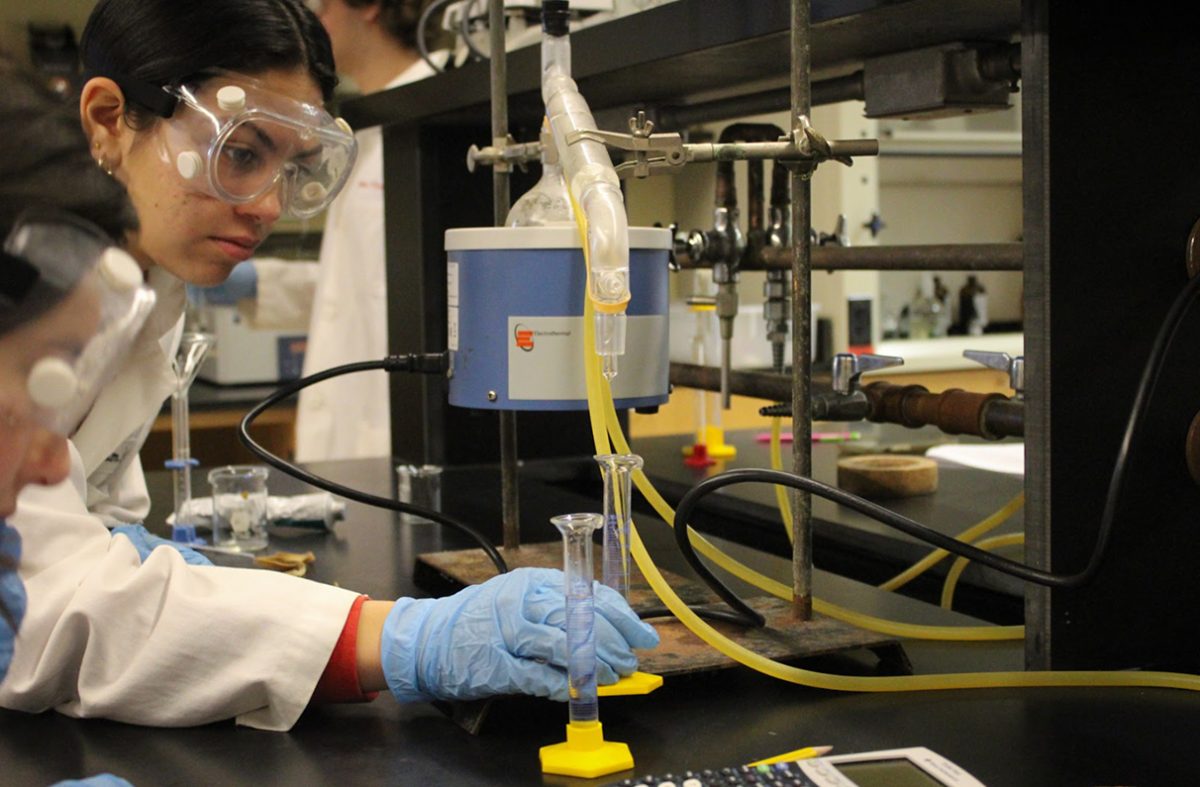
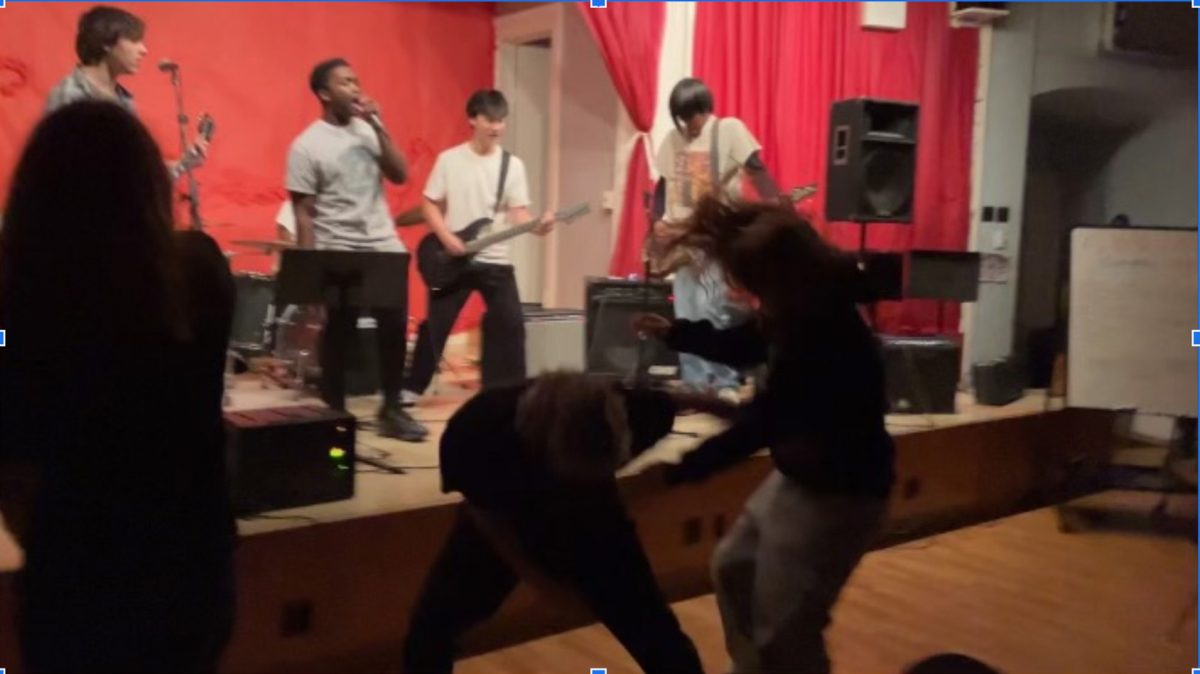


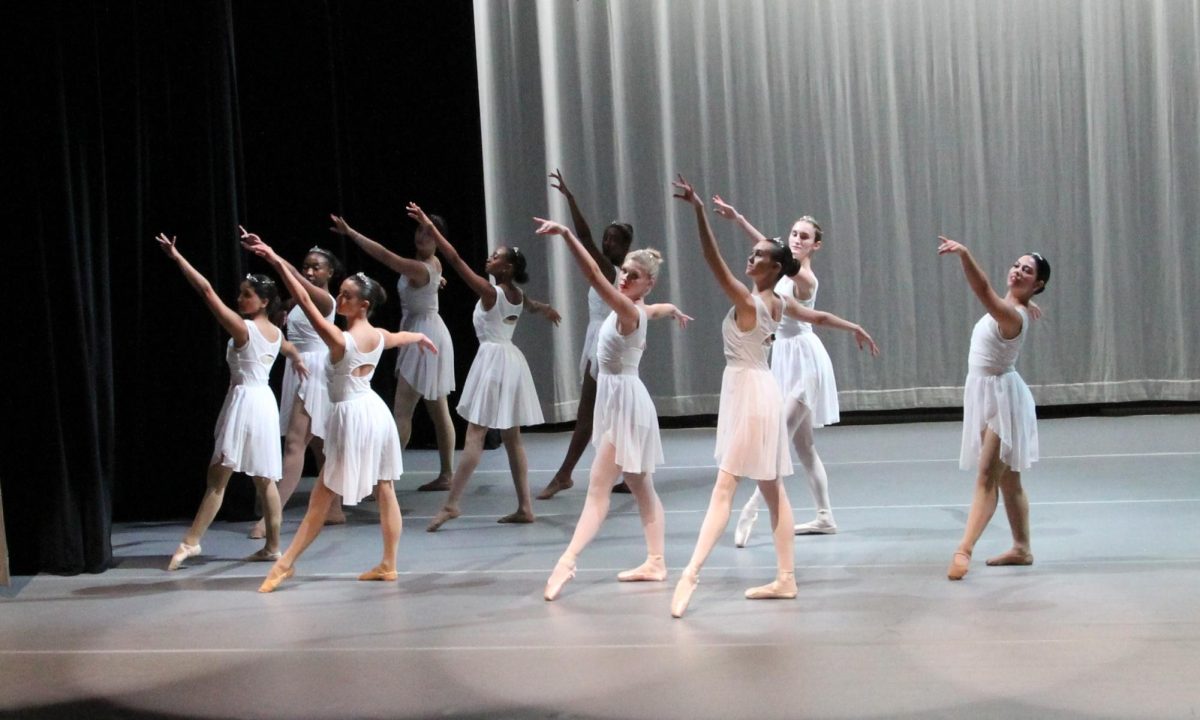



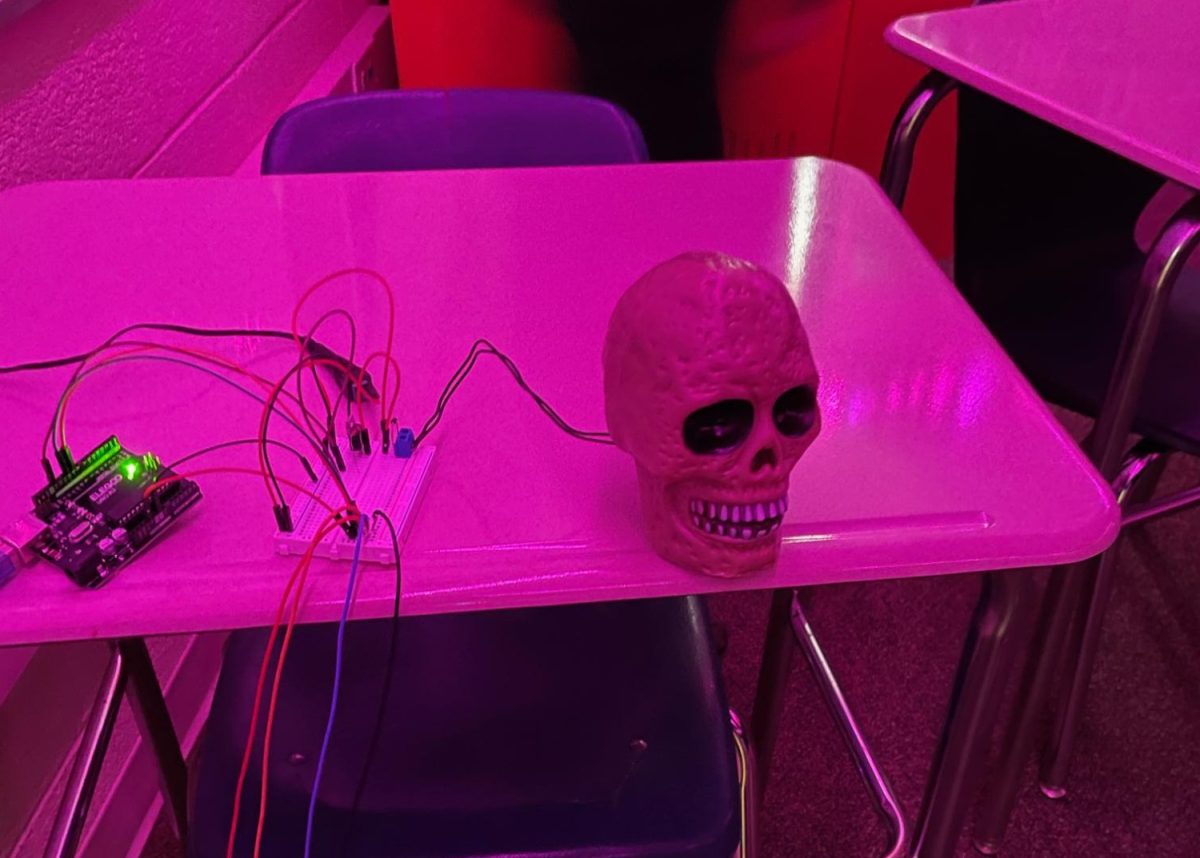
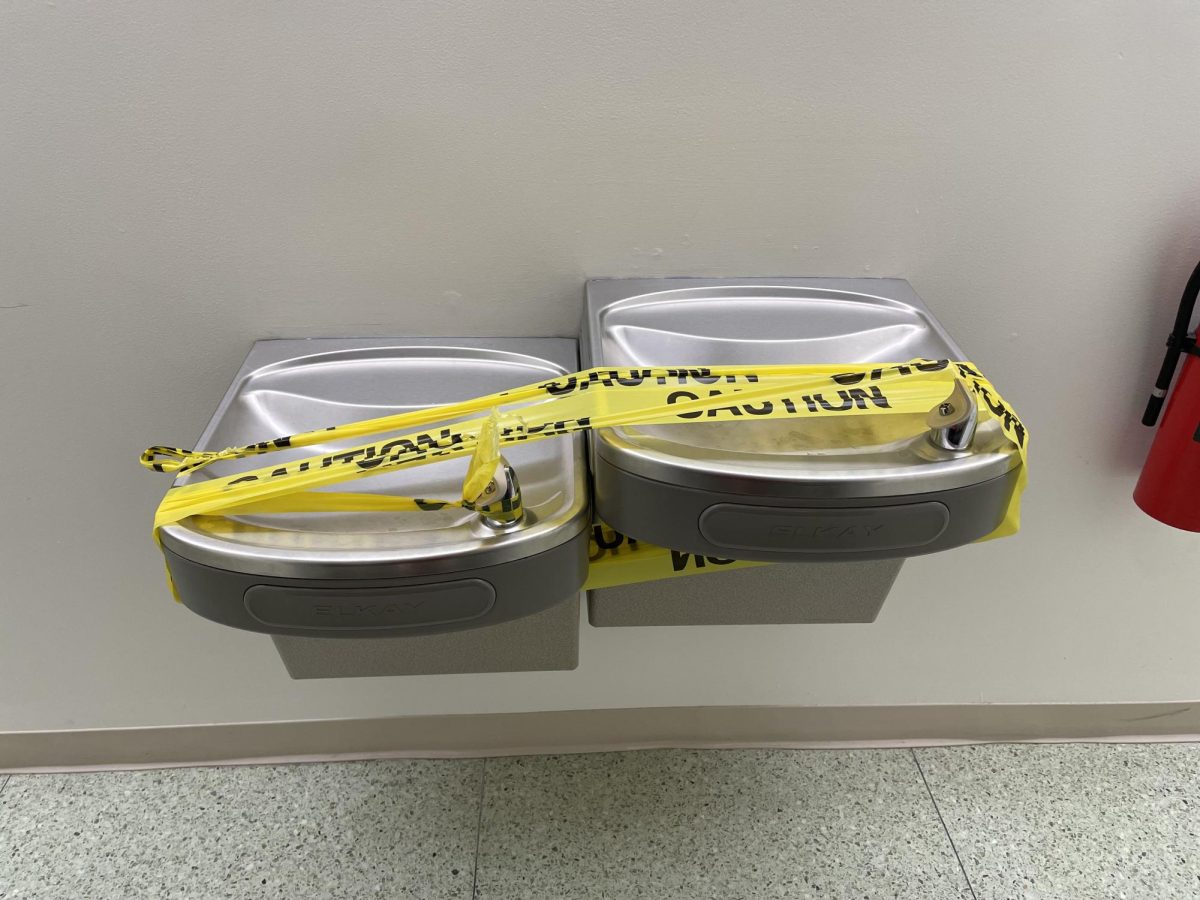
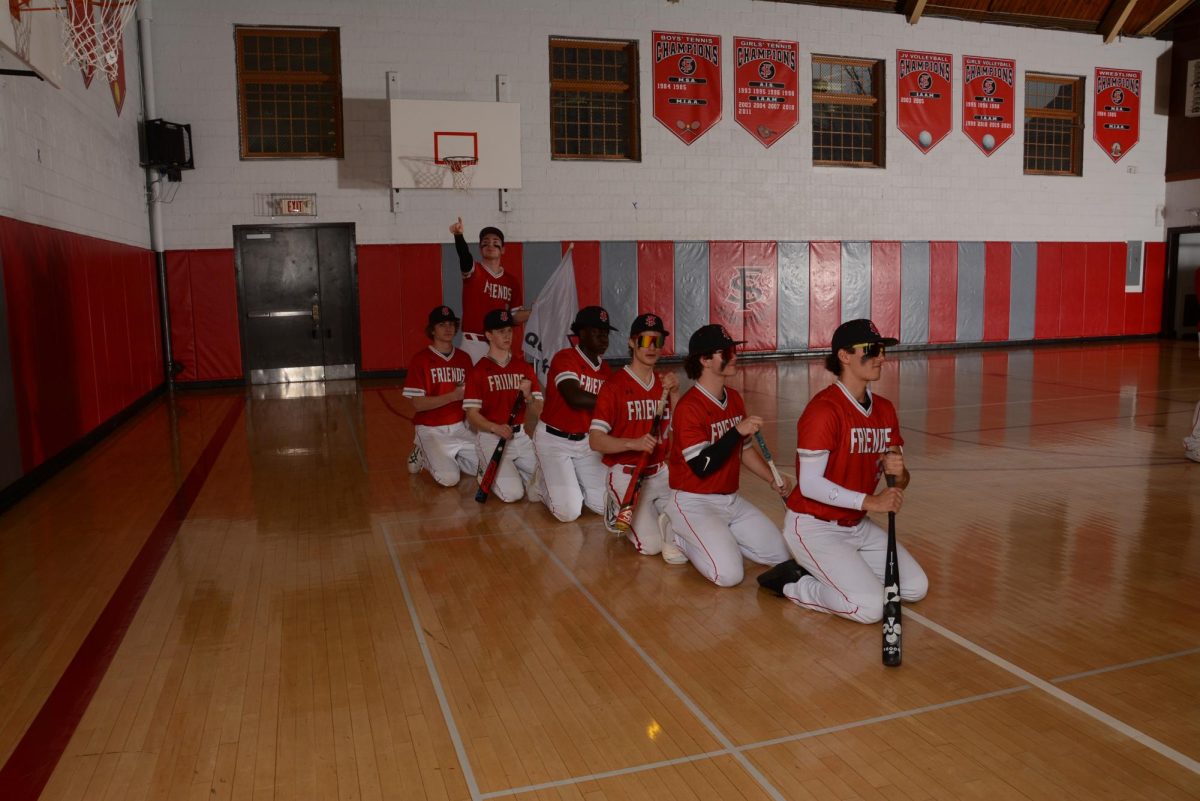
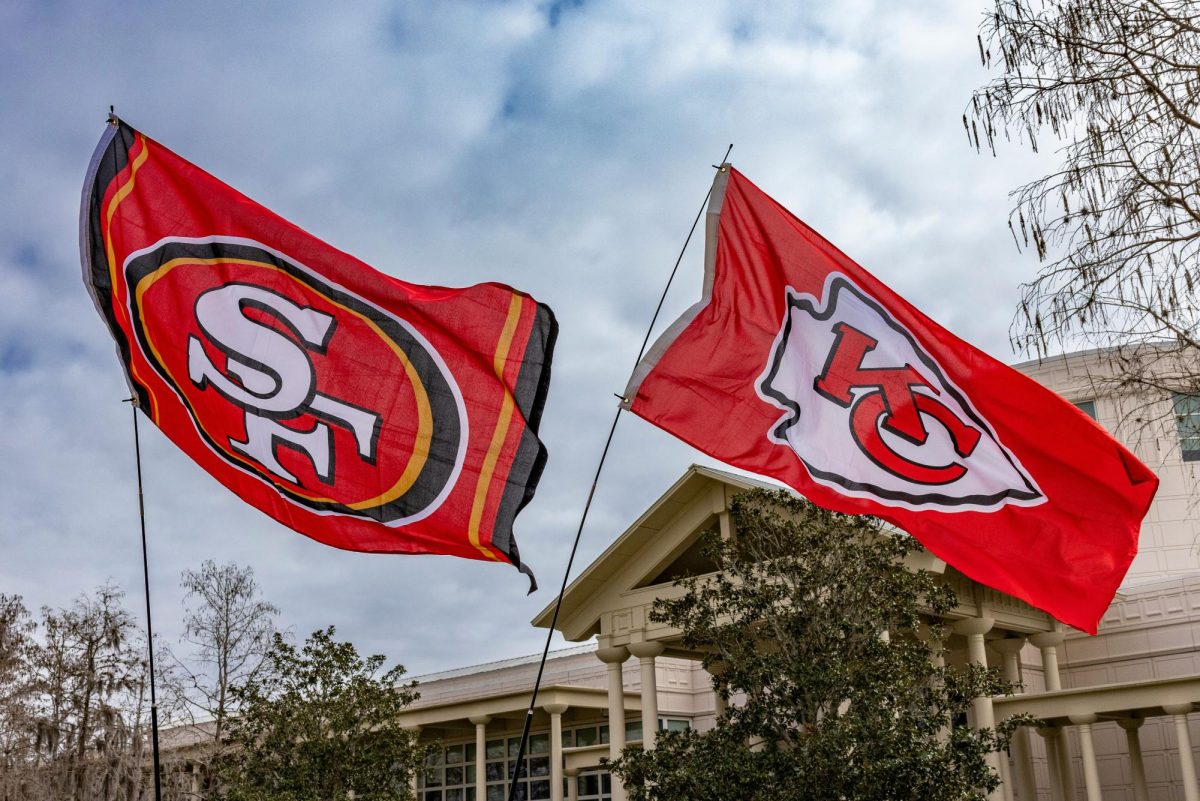





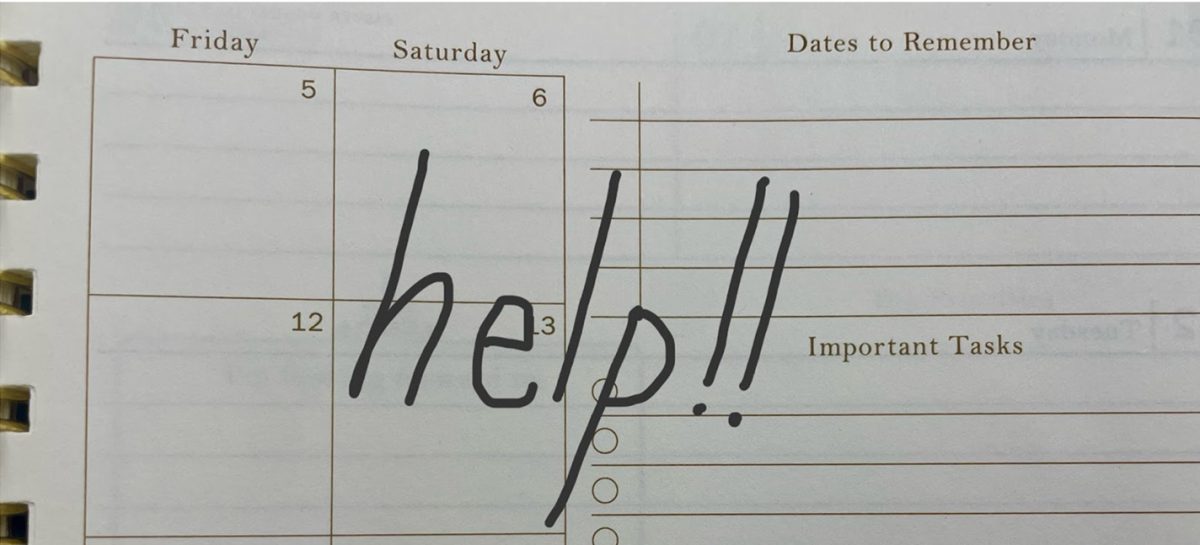

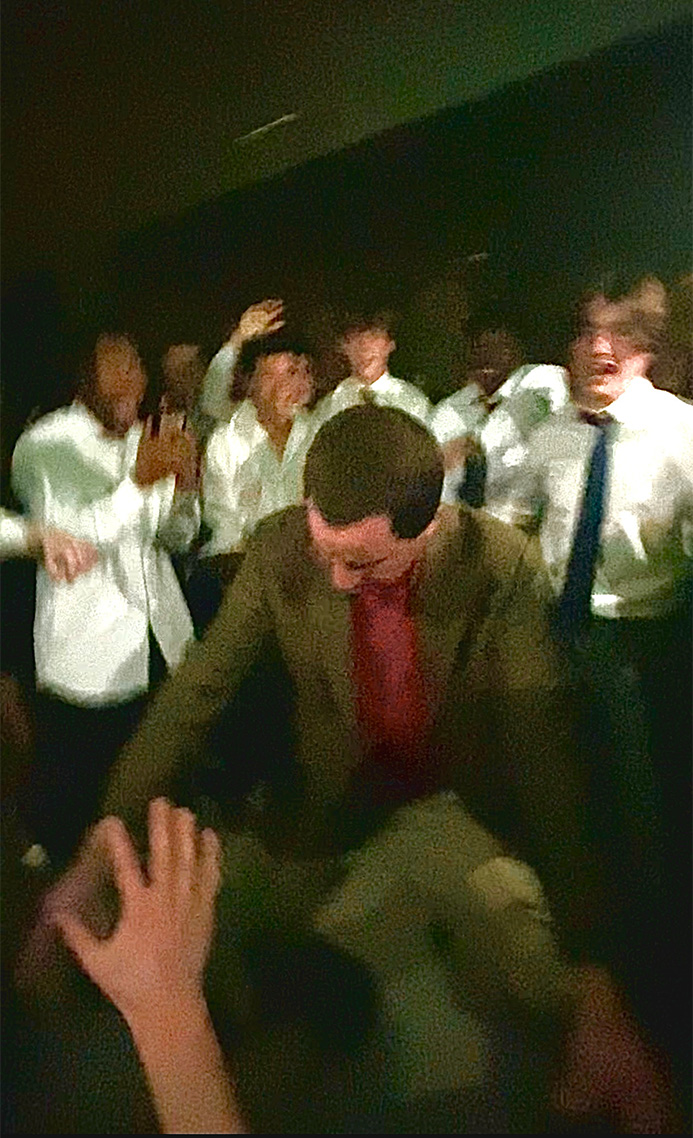
![Could You Live Completely Alone? [Podcast]](https://thequakerquill.org/wp-content/uploads/2024/02/todd-trapani-mDjXGaBN-xE-unsplash-801x1200.jpg)
![Humans on Nature [Podcast]](https://thequakerquill.org/wp-content/uploads/2024/02/IMG_0936-e1708224286530-900x1200.jpg)



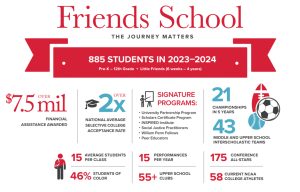
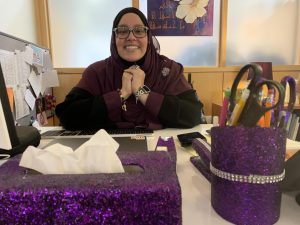
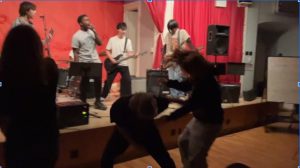




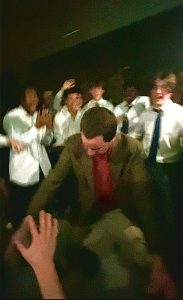

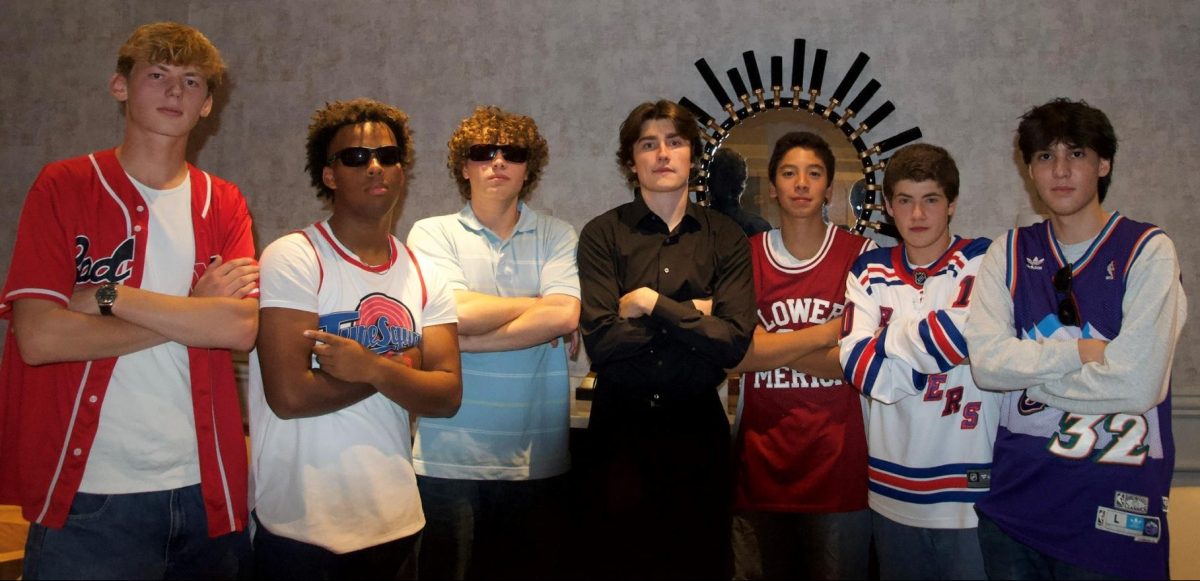
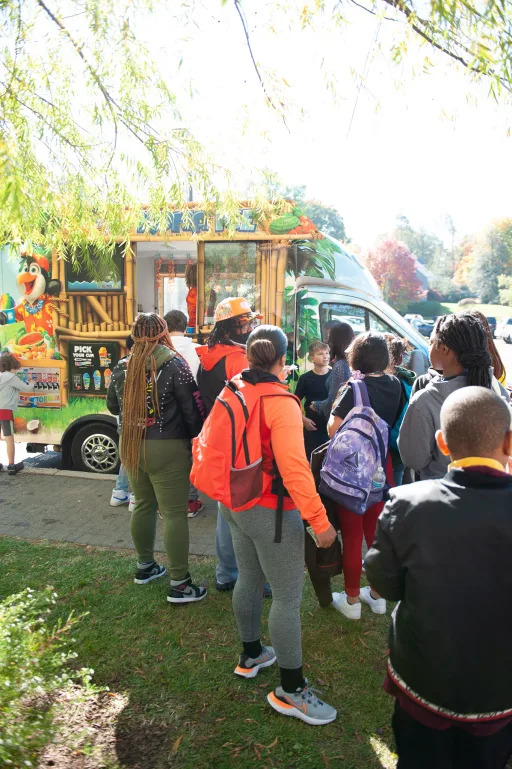
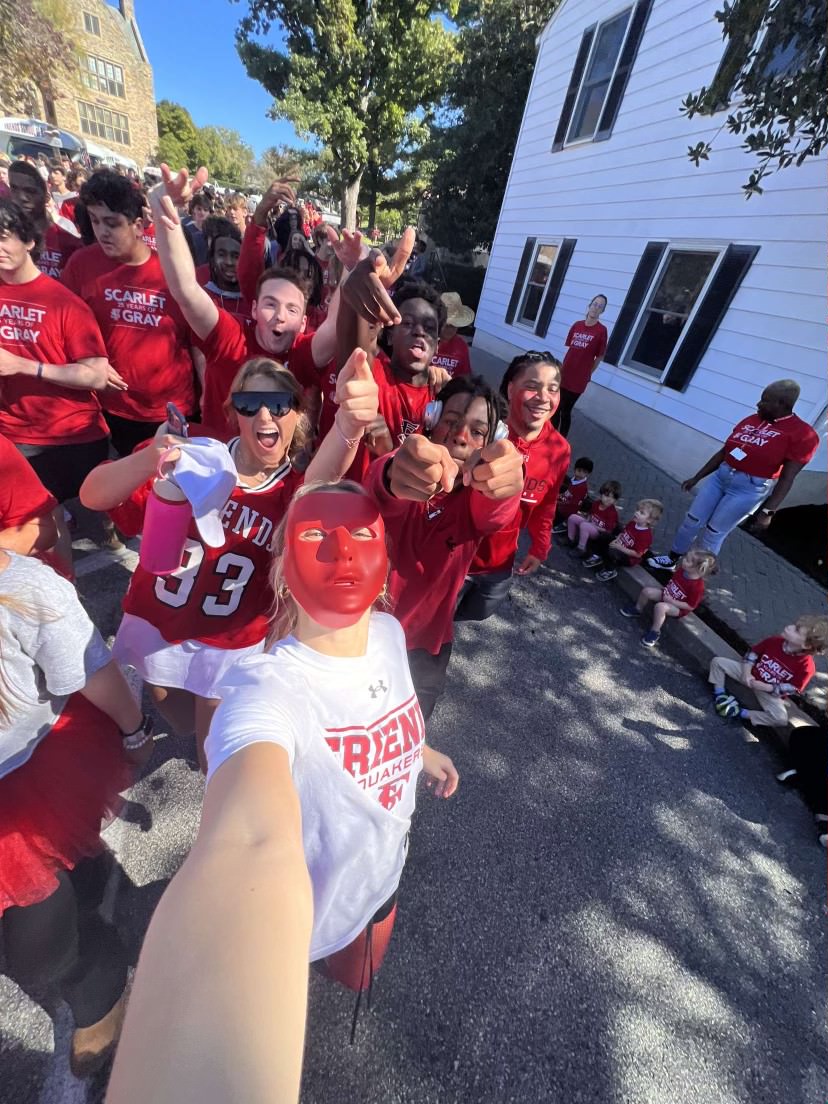
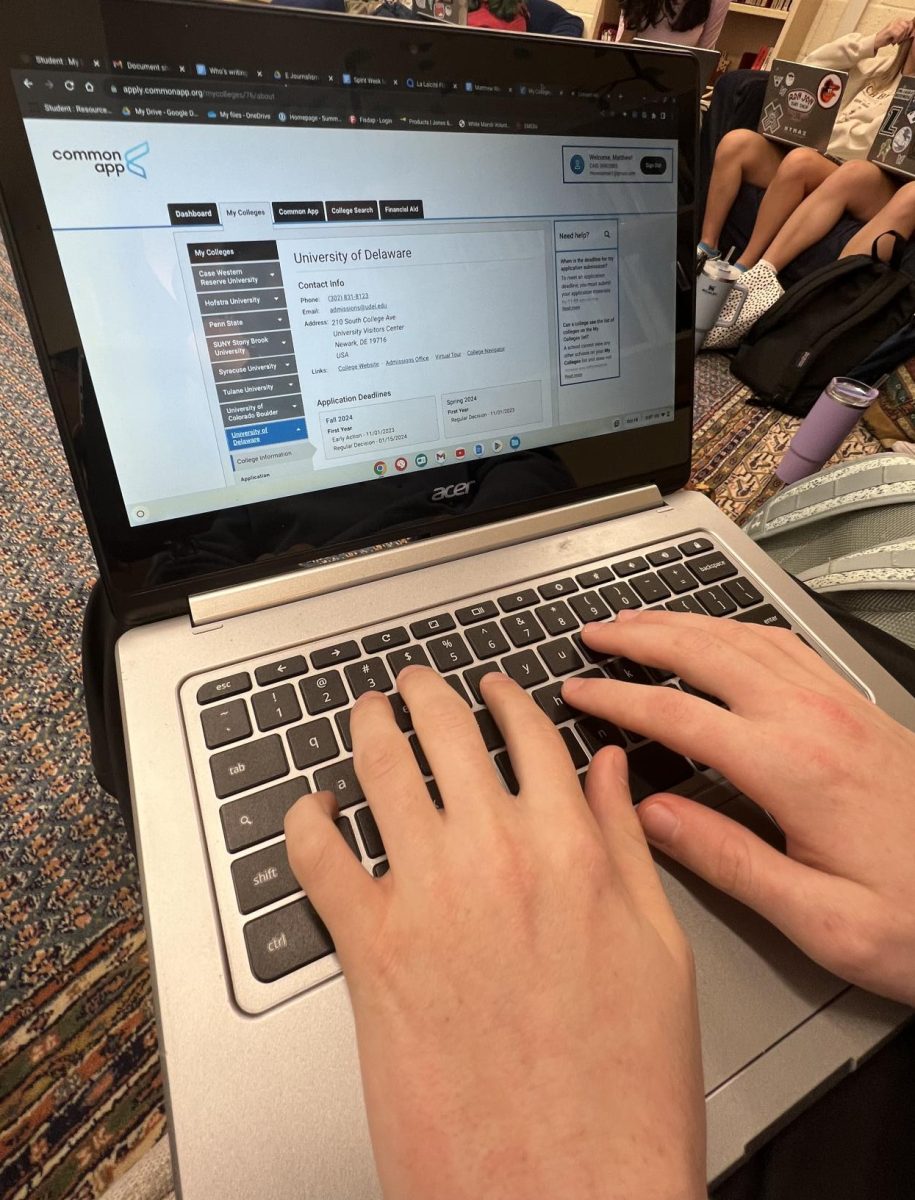
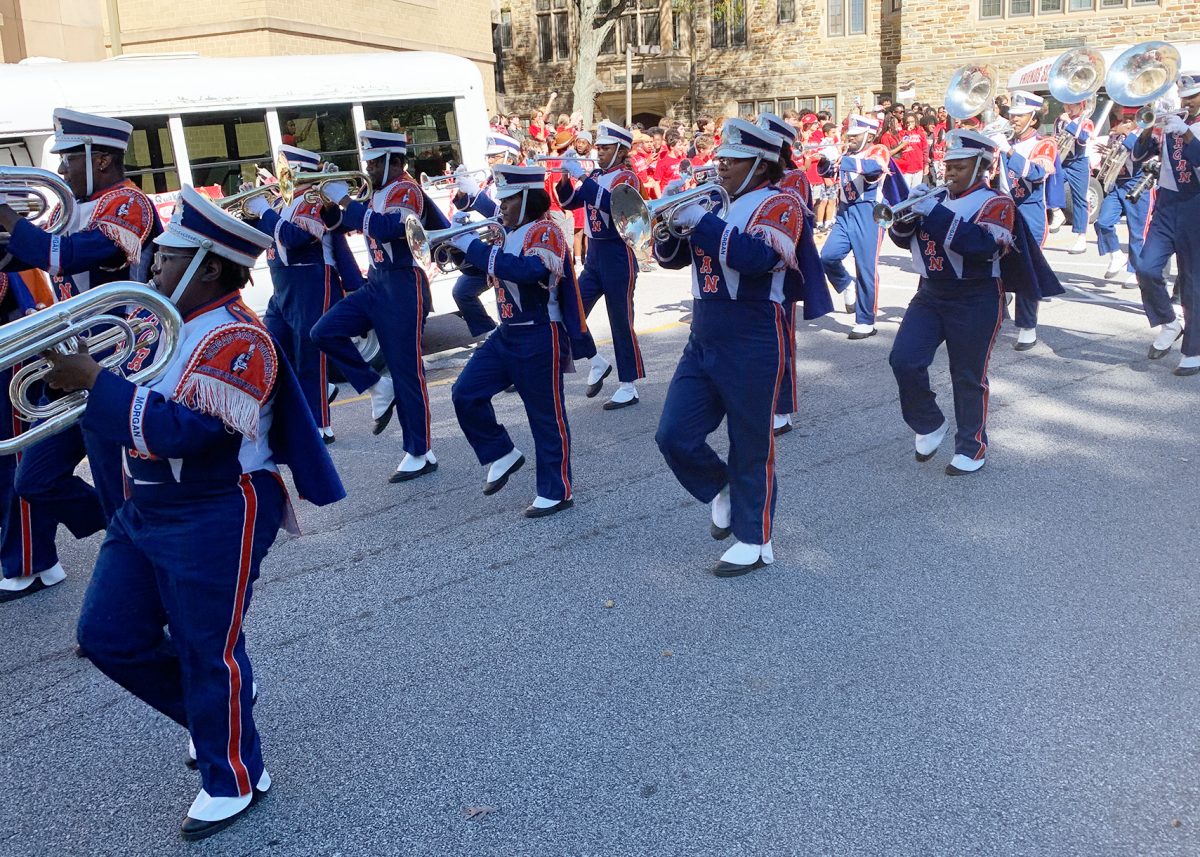
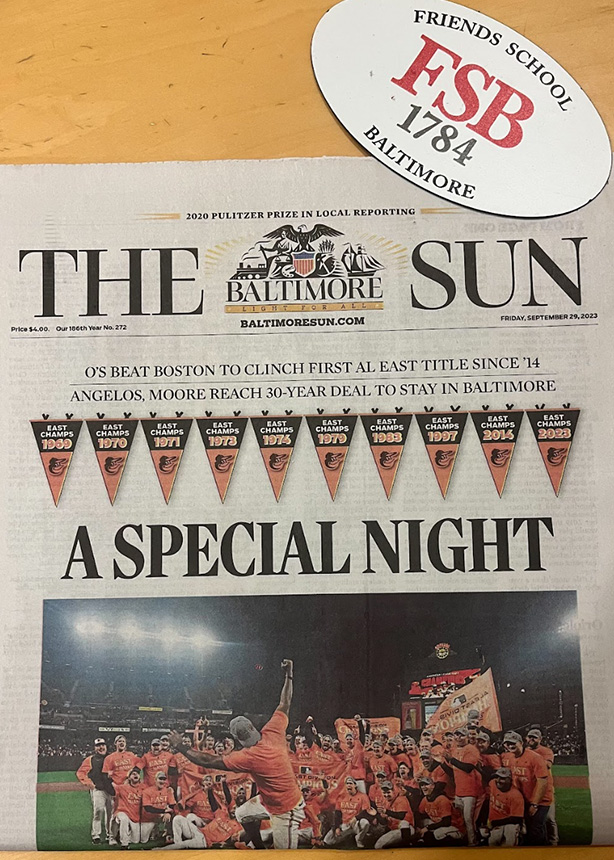
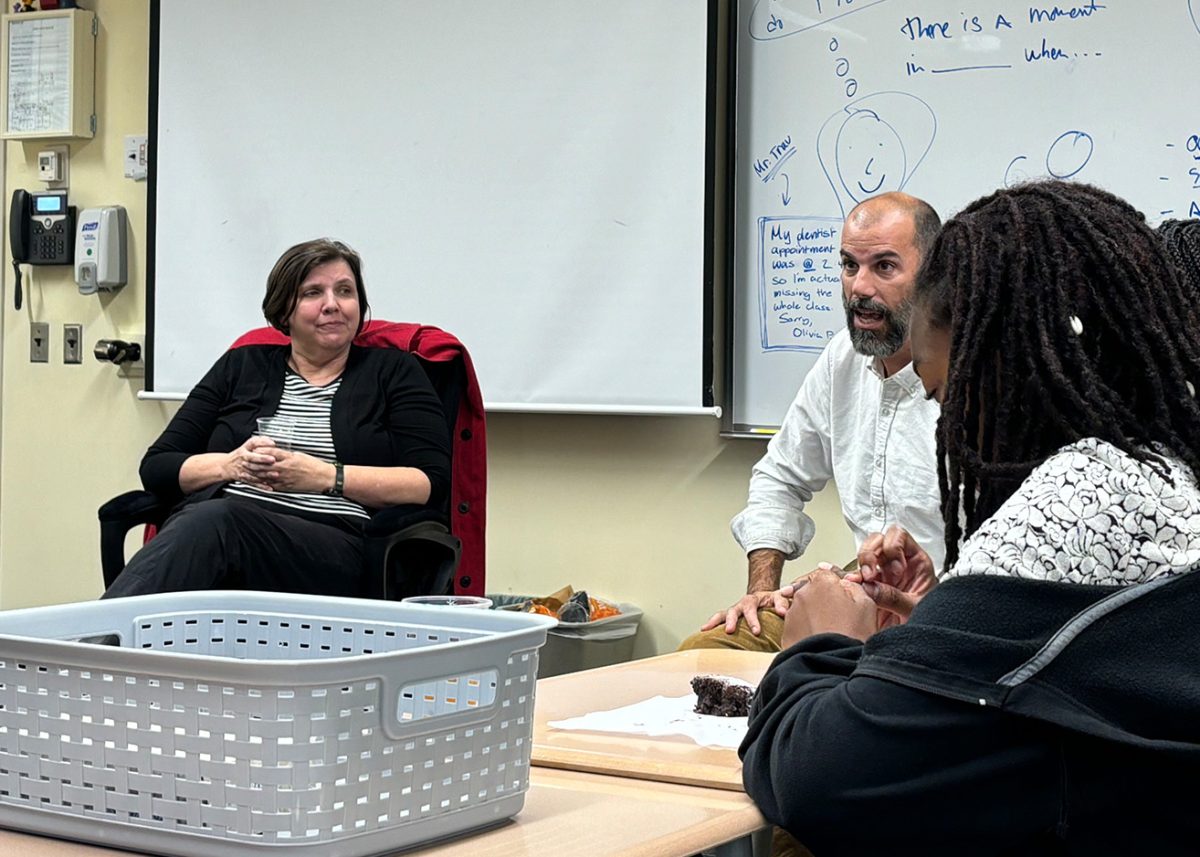
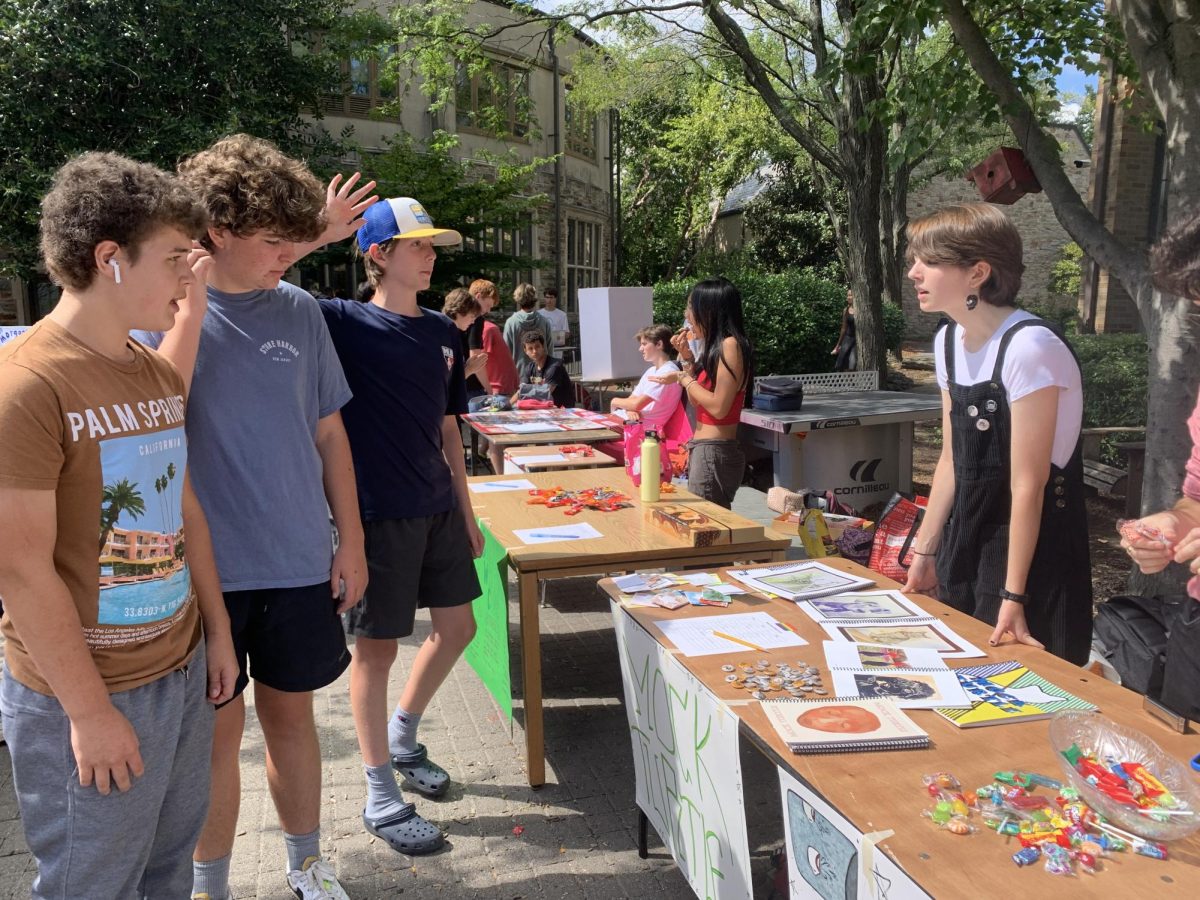

![Lunch & M? Try Lunch & Melting [Brief]](https://thequakerquill.org/wp-content/uploads/2023/09/Heat-1200x900.jpg)

